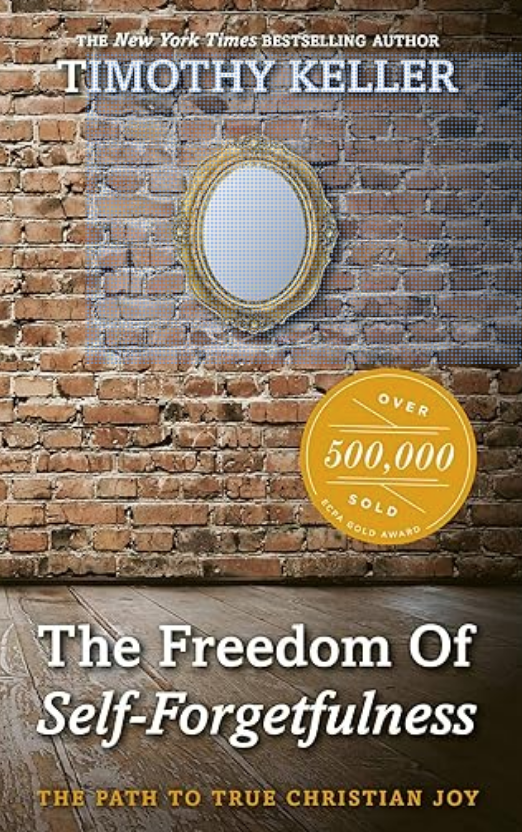Trust the Story
2024 THEME + VISION
“Trust the Story” is a call to trusting our lives in the story of God. Our culture is increasingly teaching us to rely on ourselves. We each have a story of our lives played out in our head, yet a story without God will never satisfy our deepest longings for purpose + fulfillment. This year is an invitation to explore the biblical story, to find your place in it, and to discover how its perils and promises answer the greatest questions of modern life.
COMMUNITY GROUP GUIDES
-
This will be the first CG. Keep things light and focus on getting to know each other!
Weely Guide
-
The message of the cross confronts our individualism & many of the things Americans feel are deeply important about who we are as a people
-
This message confronts the to dualities our present culture uses to find identity (traditional vs modern) and how the cross trumps both.
-
In Corinth, there laid the pervasive culture of sex, pleasure, and self-fulfillment. Akin to our own, we as Christians must wrestle with the call to discipleship and how those ideals fall underneath the lordship of Christ.
-
In 1 Corinthians 8, they were struggling with the oversimplistic dichotomy of freedom vs ritual. This tension exists in our culture today where American Christians have to decide on a whole host of issues. Paul’s challenges challenge our own simple thinking and invite us into a life of greater Christlikeness.
-
How do experience the fullness of God and honor him in our house of worship? As Paul tackles with issues in the Corinthian Church it forms a guidance on our own act of worship
-
Happy Resurrection! How we live with the reality of Jesus’ resurrection?
-
SERIES OVERVIEW
“THINK CHRISTIAN”: A Study + Practice in 1 Corinthians // The book of 1 Corinthians is all about seeing every part of life through the lens of the Cross. To "Think Christian" is to practice this transformed sense of self. We'll start with our problem of hidden egos and pride of self, and then apply this to sex + biblical freedom, our heart's idols, and our confusing culture of worship today... We'll conclude this study + community practice leading to Easter and why the resurrection is the only way our identities can be transformed this way + give a hope not based on circumstances or accomplishment.
The three things that Paul shows us in this letter that informs our stories + how to practice the way of Jesus:
OUR NATURE. The natural condition of the human ego.
OUR SELF TRANSFORMATION. The transformed sense of self (which Paul had discovered and which can be brought about through the cross).
HOW TO DO IT. How to get that transformed sense of self.
Spiritual pride is the illusion that we are competent to run our own lives, achieve our own sense of self-worth and find a purpose big enough to give us meaning in life without God. -Tim Keller
TEACHINGS
Before you begin the practices with your community, listen through these teachings to understand why this practice is important and discover what it can do in your life.
4 (Unspiritual) Reasons to Trust the Story (RESEARCH NOTES HERE.)
If we’re going to build our lives around the Bible, we should have good reasons for trusting in its teaching and instruction. Fortunately, there’s tons of evidence that validates the biblical record and, because of that, there are very good reasons to trust the story of the Bible. We looked at four primary areas:
The Archaeological Validity of the Bible
The Type of Evidence that Matters to Historians
The Empirical Evidence for Jesus’ Resurrection
The Quality of Evidence for the Biblical Record
The Message of the Cross to Culture (1 Cor 1:10-2:5)
After Paul planted the church in Corinth, he noticed very early that the Corinthians were not translating their lives from out of Corinthian culture into the message of the cross. Corinthians struggled with the message of the cross because it confronted things Corinthians held dear, things they felt were deeply important to who they were as people, and the cross’ message conflicted with things that Greco-Roman culture insisted were ‘natural’ and ‘normal.’
The same is true in contemporary America, especially “American Individualism” and “American Christianity.” The message of the cross confronts that culture too, and it conflicts with many of the things Americans feel are deeply important about who they are as a people and the things they hold dear.
The Cross' Message to Our Modern "Self" (3:1-4:4)
The divisiveness innate to the culture of Corinth is entering the church today and there is a battle over which set of social norms will dominate the church. Paul’s response focuses on the idol of Self and what it has produced in them, and why the Cross offers a completely unique solution that both traditional & modern culture can’t offer. We’ll apply the “Idol of Self” to our time in three ways:
What it produces
What it masks
How we get freedom from it!
The Cross' Message about Sex, Money, and Personal Fulfillment (ch 5-7; focus 6:9–20)
Paul’s discussion of sex and money in Corinth spans three full chapters, from the young man who “has his father’s wife” (5:1), defrauding one another in court (6:1–6, 8), to those insisting upon complete abstinence from sex (7:1ff). Paul’s goal in these chapters is to apply one’s identity in Christ, what he has been elaborating for four chapters, to the Corinthian’s obsessions with personal fulfillment through sex and money.
If we read these chapters in isolation, it’s easy to get the impression that Paul is stiff-necked about these topics–– just a list of ‘don’ts.’ But if we understand these chapters in light of the previous concerning one’s identity in Christ, Paul’s focus is more clearly upon the Corinthian habit of placing sexual gratification and financial aspiration above Christ in terms of their personal identity. We're going to look at 5 Points Paul makes in dealing with:
The Power of Sex
How to Love Your Body
And How Identity in the Cross is different (and far better) than every other identity
The Cross' Message about Culture, Freedom, and Moralism (ch 8-10; focus 8:1-13)
Here Paul approaches the practical matter of a Christian's relationship to the surrounding culture and its norms. To what extent can Christians participate in cultural norms? What if those norms seem "anti-Christian"? What if you're required to affirm things you know are not true? We tend to see left and right options. Paul challenges us with how the Cross goes deeper and leads us into a more nuanced tension.
The Cross’ Message About Worship (ch 12–14; focus 14:22–40)
The clearest example of early church worship in the entire Scriptures... navigating tongues, prophecy, and women's roles were all addressed The heart of the message is to re-learn the GOAL OF WORSHIP GATHERINGS, with special attention to why Paul said to "eagerly desire the spiritual gifts, especially prophecy" (1 Cor 14:1).
The goal of our worship gatherings:
EXPECTATION: Expect God to Move
PREPARATION: Prepare to Learn
EDIFICATION: Build others up
The Cross’ Message about Resurrection (ch 15)
Optional Resources
These are not required for our study or practice but are simply recommended resources for those wanting to go even deeper.
Bible Reading Prep
Week 1 Optional Bible Prep Reading
Week 2 Optional Bible Prep Reading
Books + Resources





